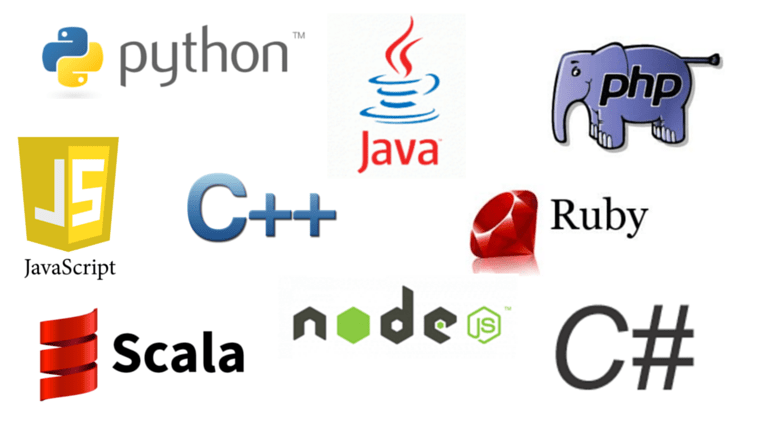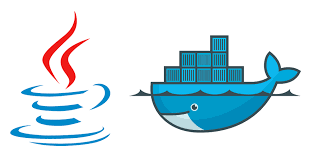In the era of big data, the role of a data science engineer has become indispensable. These tech-savvy individuals stand at the forefront of innovation, transforming raw data into valuable insights that drive decision-making across industries. But what does a typical day look like for someone in this dynamic field? This blog post will uncover the daily routine, challenges, and tools of a data science engineer, offering an insider’s perspective to aspiring data scientists, tech enthusiasts, and career changers.
Morning Routine that Sets the Stage
Every successful day begins with a well-structured morning routine. For a data science engineer, this often involves a blend of rituals that help set the tone for a productive day. Early risers generally have the advantage of starting their day on a calm note, allowing them to mentally prepare for the tasks ahead. Many data science engineers begin with a healthy breakfast, accompanied by a cup of coffee or tea, while catching up on the latest tech news or industry trends.
After fueling up, the focus shifts to planning the day. This planning session usually involves reviewing ongoing projects, setting priorities, and organizing tasks using digital productivity tools like Trello or Asana. These tools help visualize the day’s workload and ensure that no critical task slips through the cracks. With a clear roadmap in hand, data science engineers are ready to tackle their day with confidence and clarity.
An often-overlooked part of the morning routine is self-care. Some engineers might engage in meditation, a quick workout, or even a short walk to clear their minds. This not only boosts mental well-being but also enhances focus and creativity, which are crucial attributes in the world of data science.
Daily Tasks that Drive Progress
The core of a data science engineer’s day revolves around a variety of tasks. Data cleaning is typically the first step, and it’s a crucial one. Raw data is often messy and unstructured, requiring meticulous cleansing to remove inaccuracies and inconsistencies. This process sets the stage for effective data analysis and model building.
Following data cleaning, analysis takes center stage. During this phase, data science engineers use statistical methods and algorithms to uncover patterns and relationships within the data. This can involve anything from simple descriptive statistics to complex machine learning algorithms, depending on the project’s requirements. Data visualization tools like Tableau or Matplotlib are commonly used to represent these insights in a visually compelling manner.
Once the data analysis is complete, the focus shifts to model building and deployment. Engineers work on developing predictive models that transform insights into actionable strategies. The deployment phase involves integrating these models into business processes, ensuring they deliver value in real-time applications. This seamless integration is crucial for deriving tangible benefits from the data-driven insights obtained earlier in the process.
Team Collaboration in Data Science
While data science may seem like a solitary pursuit, collaboration is key to its success. Data science engineers often work in interdisciplinary teams, collaborating with data analysts, business stakeholders, and IT professionals. Effective communication in meetings and discussions ensures that everyone is aligned toward common goals and understands the project’s objectives.
Collaboration becomes particularly critical during the brainstorming phase, where different perspectives can lead to innovative solutions. Engineers also rely on peer feedback to validate their models and approaches, ensuring accuracy and reliability. This teamwork fosters an environment of continuous learning and improvement, where each team member contributes to the project’s success.
Additionally, project management tools like Slack or Microsoft Teams facilitate seamless communication, allowing teams to coordinate efforts even in remote work settings. By leveraging these platforms, data science engineers can maintain a cohesive workflow and ensure that everyone remains informed and engaged throughout the project’s lifecycle.
Challenges Faced by Data Science Engineers
Data science is not without its share of challenges. One of the most significant hurdles is managing large datasets efficiently. With the sheer volume of data generated daily, engineers must employ robust data management techniques to ensure quick access and processing. This often involves working with distributed computing frameworks like Apache Spark to handle massive datasets effectively.
Another challenge is ensuring model accuracy. Building accurate predictive models requires careful selection of algorithms, fine-tuning hyperparameters, and validating results against real-world scenarios. Engineers must strike a balance between model complexity and interoperability, ensuring that the final model provides valuable insights without being overly intricate.
The rapid pace of technological advancements poses yet another challenge. Staying updated with the latest tools, libraries, and best practices is essential for maintaining a competitive edge. Data science engineers often invest time in continuous learning to keep abreast of industry trends and emerging technologies, ensuring they remain adaptable in this fast-evolving field.
Tools of the Trade
Data science engineers rely on a suite of tools and technologies to excel in their roles. Programming languages like Python and R are staples in their toolkit, offering a wide range of libraries and frameworks for data manipulation, analysis, and visualization. These languages provide the flexibility needed to handle diverse data types and perform complex computations.
In addition to programming languages, engineers utilize data visualization tools such as Tableau and Power BI to create interactive dashboards. These visualizations enable stakeholders to grasp insights quickly and make informed decisions. For machine learning tasks, frameworks like TensorFlow and scikit-learn provide pre-built algorithms and models, accelerating the development process.
Database management is another critical aspect of data science, and engineers often work with SQL and NoSQL databases to store and retrieve data efficiently. Cloud platforms like AWS and Google Cloud offer scalable infrastructure for data storage and processing, enabling engineers to handle large datasets with ease.
Personal Development and Continuous Learning
In the field of data science, personal development is a lifelong pursuit. Engineers understand the importance of honing their skills to stay relevant and competitive. Online courses, webinars, and industry conferences provide valuable opportunities for learning and networking. Platforms like Coursera, Udacity, and LinkedIn Learning offer courses on a wide range of topics, from machine learning to data ethics.
Mentorship is another avenue for personal growth. Many data science engineers seek guidance from experienced professionals who can provide insights into career advancement and skill-building. Mentors offer valuable advice on navigating challenges, exploring new areas of interest, and achieving professional milestones.
Participating in data science communities and forums helps engineers stay connected with industry peers and share knowledge. Engaging in discussions, contributing to open-source projects, and attending meetups foster a sense of belonging and collaboration, further fueling personal growth and development.
Conclusion
A day in the life of a data science engineer is a blend of creativity, collaboration, and problem-solving. These professionals play a pivotal role in extracting meaningful insights from data, driving innovation, and shaping the future of industries. From data cleaning to model deployment, each task is a stepping stone toward creating value and impact. Aspiring data scientists, tech enthusiasts, and career changers can find inspiration in the dynamic and rewarding nature of this field. By understanding the challenges, tools, and opportunities that come with the role, they can chart a path toward becoming successful data science engineers. Whether you’re just starting or looking to transition, the world of data science offers endless possibilities for growth and achievement.
























